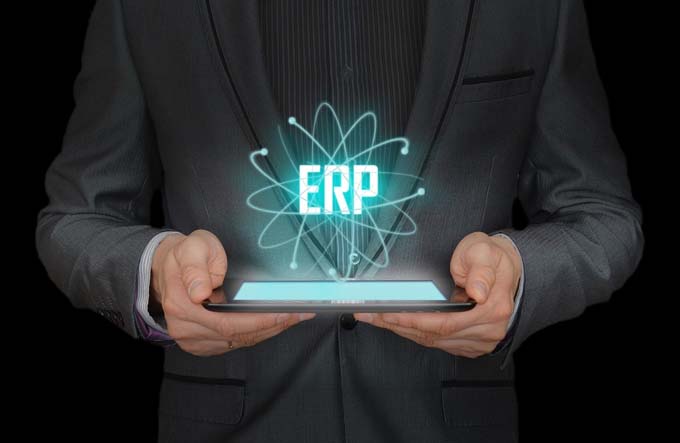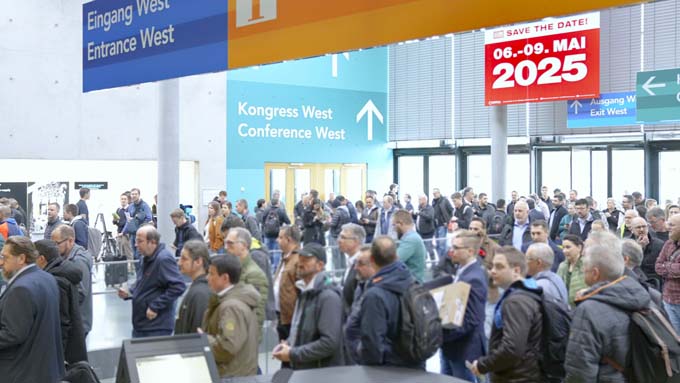Five ERP trends for 2024
ERP software is constantly being developed and optimized due to advances in the areas of AI and automation. Mike Guay, Vice President CSE at Infor, has summarized the five trends for the ERP sector in the coming months.

1. more cloud ERP implementations
The number of companies moving their entire ERP system to the cloud is increasing by 12 to 15 percent annually, according to market research companies. This is mainly due to the fact that digital transformation initiatives often require the technology and capabilities of cloud ERP and the associated enterprise application platforms. In addition, the multi-tenant deployment of a cloud ERP system ensures continuous management and updating by the provider, so that new technologies and functions are provided automatically. These productivity benefits of modern cloud ERP capabilities, some of which are significant, are enticing more and more companies to migrate their systems.
2. enterprise application platforms (EAPs) increasingly important
Enterprise application platforms (EAPs) are becoming increasingly important. This is because a large part of the productivity gains achieved through cloud ERP are due to the technologies and capabilities of EAPs. Key features of EAPs are composability through low-code/no-code development and integration, AI/ML data analysis, process automation and improved usability. In short, EAPs provide the necessary technology for digital transformation and have enormous potential for further development. For example, the combination of AI/ML with process automation functions can lead to hyperautomation. In other words, the automation of all tasks that can be automated. Although this development will take some time, the business benefits would be huge.
3. industry-specific solutions
In 2024, the days of "one-size-fits-all" are over. Industrial companies are increasingly looking for industry-specific cloud ERP suites. This is because high-tech manufacturing, the food and beverage industry, the pharmaceutical industry, the service industry and the public sector all have standard processes as well as very specific requirements that all need to be met. Industry-specific cloud ERP suites are ideal for this, as they adopt standard business processes vertically, supplement them with preconfigured, industry-specific solutions from the provider and thus accelerate ERP implementation.
4. expansion of generative AI
In 2023, AI in connection with ERP was still more hype than reality. Although there is enormous potential, some of the technology is still in its infancy. In addition, AI is subject to the influence of the data sets and information from which it learns. Results can therefore be distorted and not objective. Generative AI therefore still has great development potential, but will definitely play a role in ERP.
5. the human factor remains
The potential of the technologies listed for productivity and decision-making advances is very real. However, they will not replace people, but rather complement them. But for this to happen, companies must invest in training and the further development of their employees. Because only with sufficient knowledge can employees understand the capabilities and limitations of new technologies and use them to their advantage - and companies still need people to remain competitive.
Source: www.infor.com









